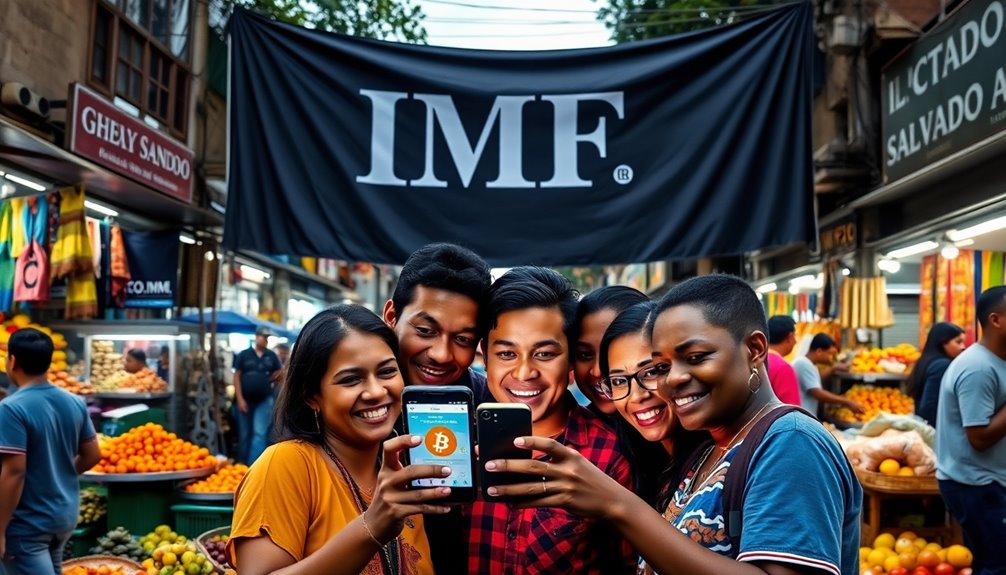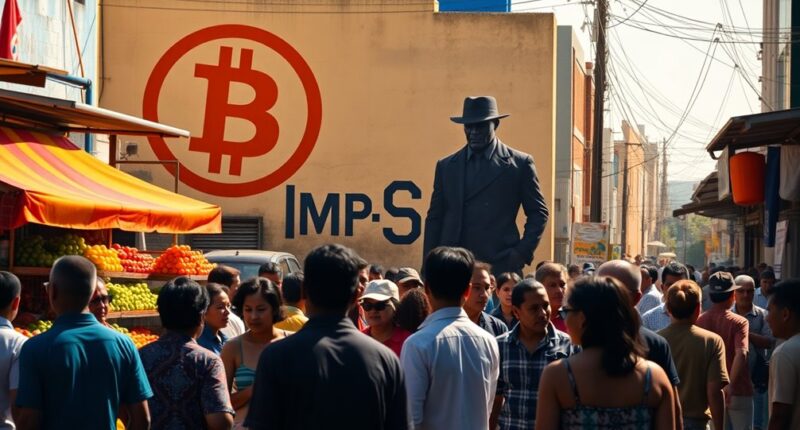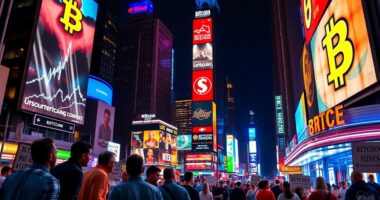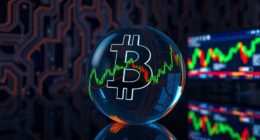You might find El Salvador's decision to embrace Bitcoin as legal tender intriguing, especially with the IMF scrutinizing its impact. The government aims to promote financial inclusion, yet the risks of volatility loom large. How will this bold experiment balance potential benefits with economic stability? As incentives and educational campaigns roll out, the situation could evolve in unexpected ways. What could this mean for other nations eyeing similar paths?

What happens when a country decides to embrace cryptocurrency as legal tender? In September 2021, El Salvador took the plunge, becoming the first nation to declare Bitcoin as legal tender. With a majority vote from 62 out of 84 deputies, the move sparked worldwide attention. To encourage adoption, the government offered you and other citizens $30 in free bitcoin, a sum that nearly represented 1% of the average annual income.
They also introduced the Chivo Wallet, a digital platform that made transactions and conversions from bitcoin to dollars easy and fee-free, leading to half of the nation's households downloading it right away. However, the economic implications raised eyebrows. While the government hoped this bold step would foster financial inclusion, it also opened the door to significant risks. The International Monetary Fund (IMF) expressed concerns over the volatility and potential instability that could arise from using bitcoin as legal tender. These worries contributed to a downgrade of El Salvador's credit rating, jeopardizing future loans from the IMF.
You might notice that despite the initial enthusiasm, only about 20% of businesses accept bitcoin for everyday transactions. A staggering 91% of the population still prefers the U.S. dollar, highlighting a disconnect between government initiatives and public sentiment. Additionally, more than half of Salvadorans rely exclusively on cash, which limits the potential for broader digital adoption.
International reactions ranged from skepticism to outright criticism. Many viewed the decision as reckless, given bitcoin's notorious price swings and environmental impact. Protests erupted in El Salvador as thousands voiced concerns over the lack of transparency and the fiscal implications of this experiment.
Yet, the cryptocurrency community rallied behind the country, seeing this as a pivotal moment for broader acceptance of digital currencies. The Salvadoran government didn't stop at merely adopting bitcoin; they invested heavily in this initiative. By the end of 2021, they'd purchased 1,391 bitcoins for a Strategic Bitcoin Reserve and continued to buy more despite IMF advisories.
To make the Chivo Wallet appealing, they offered incentives like discounted gasoline and additional free bitcoin. Educational campaigns further aimed to boost understanding and usage of cryptocurrency among citizens.
As El Salvador navigates this uncharted territory, the oversight from the IMF looms large, complicating the nation's aspirations. Balancing the potential benefits of cryptocurrency against the economic and social realities will be crucial as you observe this unprecedented experiment unfold.









